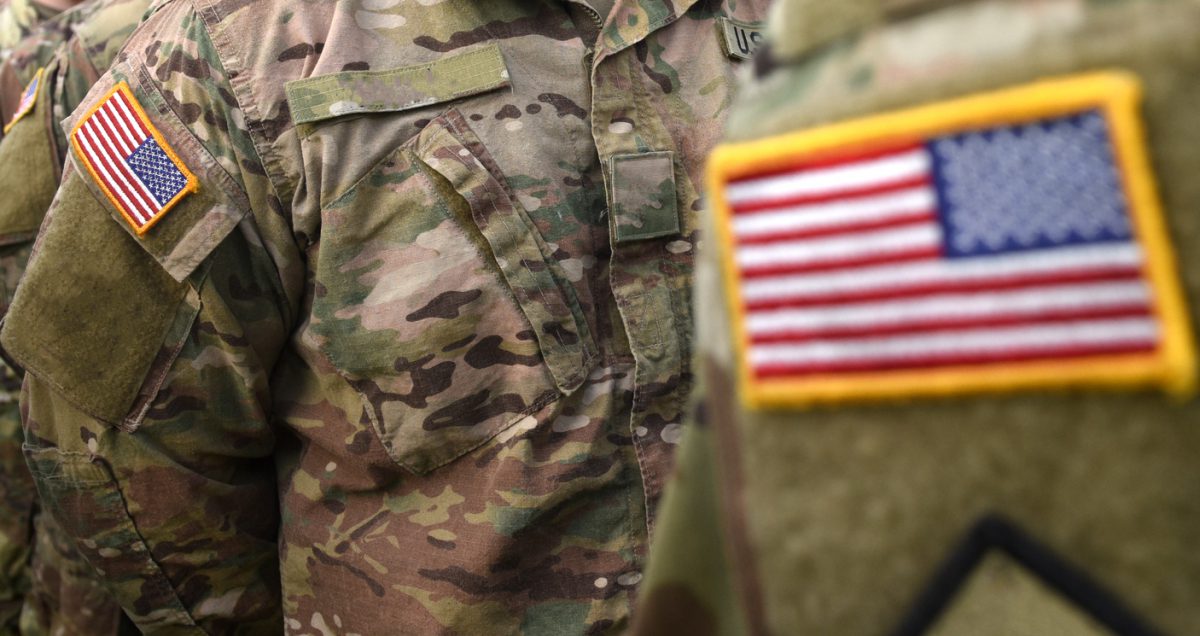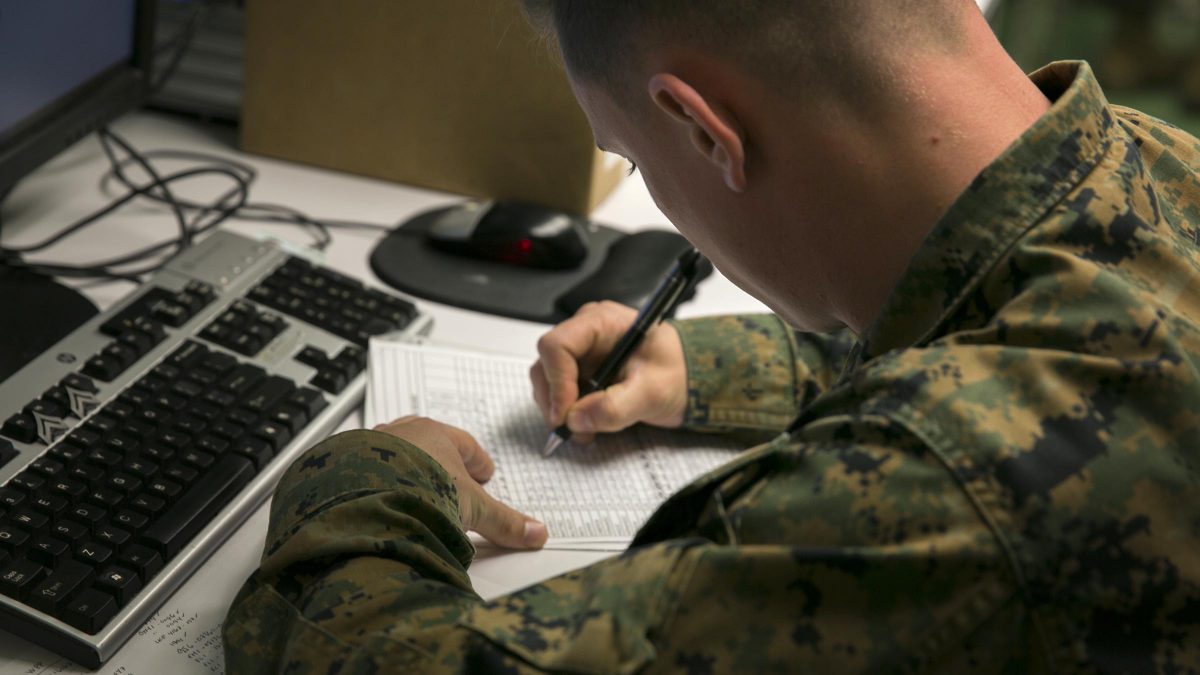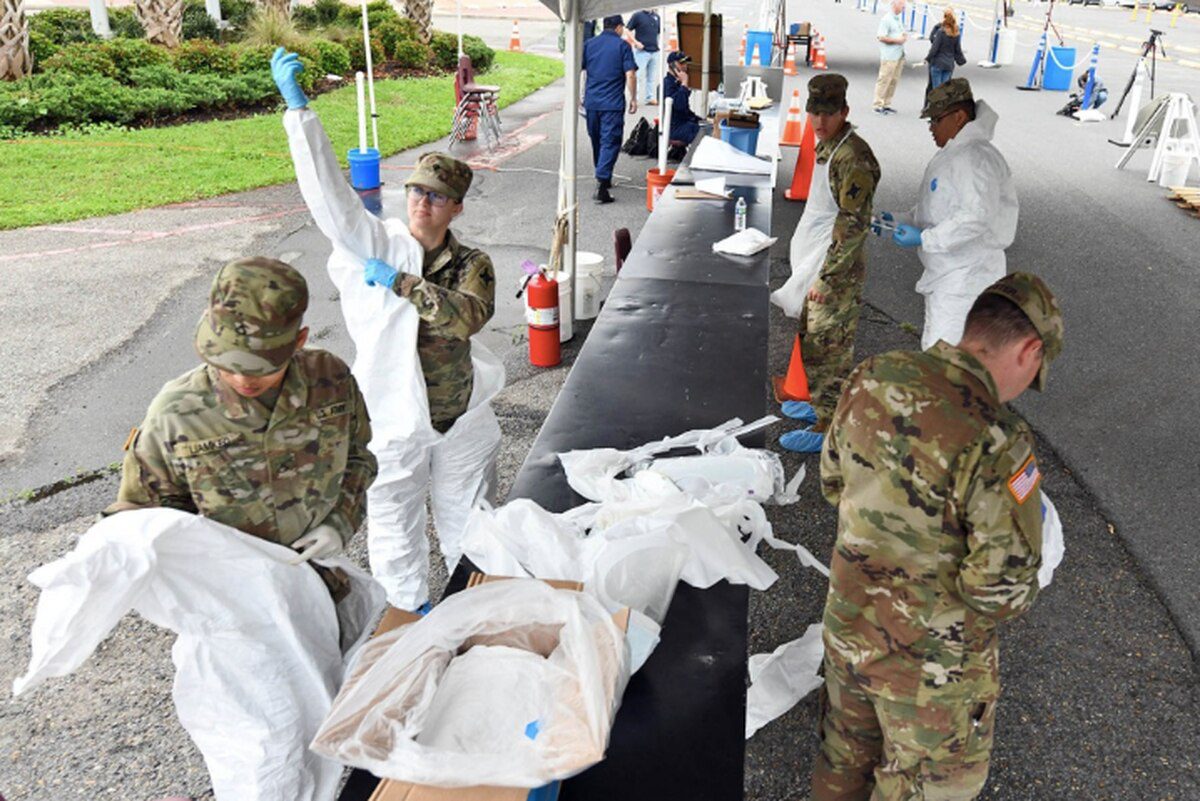What are the best ways to hire veterans? Much depends on the nature of your business, whether you are seeking a certain type of status associated by veteran-operated businesses, and how many new hires you wish to bring on.
Hiring a veteran brings with it associated benefits in some cases. The IRS official site has a page dedicated to the Work Opportunity Tax Credit (WOTC), which provides tax breaks for employers who hire from certain classes of the work force including those who draw SSI, long-term family assistance recipients, and veterans.
Hiring veterans also means the need for fully codified employer policies about how the company will manage an employee’s military duty commitments for Guard, Reserve, or even active duty hires.
Knowing Where To Look
There are many places you can look for veterans to hire as full-time, part-time, commission, or contractors; state and local agencies have job placement and career development programs you can partner with.
Employers should consider participating in job fairs near military bases, Guard and Reserve unit headquarters, or even at college campuses with a strong ROTC presence. But knowing where to look for suitable job candidates is only half the battle.
The best way to hire veterans includes making a fully informed choice when choosing to bring one on board; you should know what your rights and responsibilities are as an employer ahead of your hiring decision.
Fortunately, there is excellent advice from a number of government agencies that can help. The Department of Labor, and even the government’s hiring portal, USAJobs.gov all have helpful information for hiring managers and supervisors.
How To Hire A Veteran: The Department Of Labor (DOL)
The Department of Labor official site has a section dedicated to the hiring of veterans and associated programs and policies. DOL veteran programs include:
- Military Spouses
- Homeless Veterans’ Reintegration Program
- Jobs for Veterans State Grants
- Stand Down
- Uniformed Services Employment and Reemployment Rights Act (USERRA)
- Federal Contractor Reporting / VETS-4212
- HIRE Vets Medallion Program
- Veterans’ Preference
- Women Veterans
These programs are aimed at employers, event organizers, licensing agencies, etc. They are not designed as placement options for individual job seekers, but as resources for those who hire, train, etc.
In many cases the programs above may target certain portions of the veteran population; employers who need resources to hire homeless veterans, those who need guidance or assistance with federal contracting procedures or in properly helping job seekers apply veteran preference, etc.
DOL also provides direct advice for those who want to hire veterans; there are employment representatives in each state and a general contact e-mail address for those who need to speak to a DOL rep about hiring vets.
Hiring Vets: Advice From The Department of Veterans Affairs
The VA has created a Veterans Employment Toolkit designed to help those who wish to employ vets. The toolkit includes information on government subsidies that can be used to offset the salary of a new hire, assistive and adaptive technology, how to interpret a veteran’s “non-pay work experience,” and information on VA incentives that may be offered to certain companies for hiring qualified veterans.
The VA toolkit also includes information about Department of Labor programs that incorporate online training and other resources for those who want to hire from America’s ever-growing pool of military members and vets.
The VA Veteran Employer Toolkit is featured prominently in the VA Vocational Rehab & Employment official site. There is another portion of the VA official site titled Veterans Opportunity to Work that features a section aimed specifically at employers.
The VA requests owners and supervisors who want to learn more about participating in the program to contact the VA directly at Call 1-800-827-1000 or the nearest VA regional office and ask for the VR&E Vocational Rehabilitation Counselor or Employment Coordinator. You can also visit the VA VR&E employer webpage .
Employer Support Of The Guard And Reserve (ESGR)
At the beginning of this article we mentioned employer obligations for members of the Guard and Reserve. ESGR is a government program designed to help employers understand and meet their legal commitment to employees who serve. Knowing your responsibilities to your Guard and Reserve employees is crucial to staying in legal compliance with federal law.
It is also key to maintaining a good-faith relationship with your Guard and Reserve hires. As with ADA law, not knowing your legal responsibilities in this area is a huge liability. State law may also play a role in your obligations to Guard and Reserve troops; know before you hire.
HireVets.Gov
Public Law 115-31, also known as the Honoring Investments in Recruiting and Employing American Military Veterans Act of 2017 (HIRE Vets Act), required the establishment of a program which “recognizes employer efforts to recruit, employ, and retain veterans.”
Those who meet certain criteria established by the Act, “will receive a “HIRE Vets Medallion Award.” That may not sound like much to an outsider, but veterans who apply for jobs at companies that have earned this award may feel more confident about their potential employer knowing the company has been evaluated and praised under the award program.
It’s not the same as a DoD stamp of approval, but those who hire with the medallion award certainly have an advantage when trying to make an impression about the quality of the workplace.
The HIRE Vets Act awards are aimed at three different categories of employer: large, medium, and small businesses. “For each award, the employer must satisfy a set of criteria. Verification of these criteria includes a self-attestation by the applicant and a check for violations of veteran-related DOL labor laws by the U.S. Department of Labor” according to the official site.
The Equal Employment Opportunity Commission (EEOC)
EEOC publishes a fact sheet for veterans titled, Understanding Your Employment Rights Under the Americans with Disabilities Act (ADA): A Guide for Veterans.
This fact sheet is aimed at the employee, but it is critical for all who hire vets to know these policies and understand what the new hire will expect from you, the employer, on a legal basis where ADA compliance and related issues are concerned.
Not all veterans have disabilities, but all who have them (military or not) are protected in the American workplace by ADA laws. As an employer, if you do not know your ADA responsibilities as well as employee rights, you set yourself up for major legal liability. Know before you hire.
Things To Ask Yourself When Hiring Veterans
Those who hire don’t always have military experience. When recruiting vets for your company, it’s important to remember that a military career requires skills far above and beyond the job title or even the job description. A new hire who held the rank of E4 or higher likely has been given management and leadership training, has functioned as a section head or an assistant department head, and may have other experience that is difficult to quantify on a resume but adds value to your company.
We all know the hiring process will involve interviews and a Q&A process of some kind, but what should an employer ask themselves before the interview?
- Veterans often thrive on the same kind of structure they experienced in the military; they may not be used to the kind of ambiguity often experienced in the civilian hiring process. Have you established a way to help veterans understand the process of hiring once the resume has been submitted?
- What are your most urgent needs for the company?
- Are you asking about other job experience besides “direct experience” and the applicant’s education?
- How will you make your veteran applicants more comfortable with your hiring/interviewing process? What would you do for someone if you knew you were the first civilian interviewer they had spoken with since leaving military service?
- In your conversation with veterans, how will you try to understand and identify with their unique needs?
During the interview, it is very helpful for the interviewer to ask a veteran at the start to either avoid or explain military jargon that comes up in conversation. Don’t be too hard on a veteran for slipping back into acronym-speak; old habits are hard to break.
When your interviewee starts talking about “additional duties”, for example, that is a responsibility given to a military member that is not her main job, but is still expected as a member of the team.
An Army Public Affairs officer may be responsible for dealing with the press and for interacting with local leaders, but they are also tasked with conducting base tours for the public and escorting non-military VIP visitors to certain functions on post.
Was that the officer’s main duty? No, but it is significant enough to mention in an interview where relevant. That is the sort of nuance you can expect from your veteran resumes and interviews.
You can always ask for clarification in the interview. When it comes to additional duty (which is a subject that comes up frequently when a vet is asked what they did for a living while in uniform) always ask if the interviewee can quantify how much time was spent doing that duty (assuming it is relevant to the conversation).
You may be surprised at the breadth and depth of these extra tasks. A great example–the author of this article had an additional duty in his job as a reporter for Air Force Television News; he was the equipment inventory custodian for all the TV news cameras, microphones, and other broadcast gear.
The financial responsibility for this inventory? Valued at a million dollars, collectively. That is an additional duty worth mentioning in an interview if it’s relevant. Some additional duties are mundane, others require a great deal of attention.





